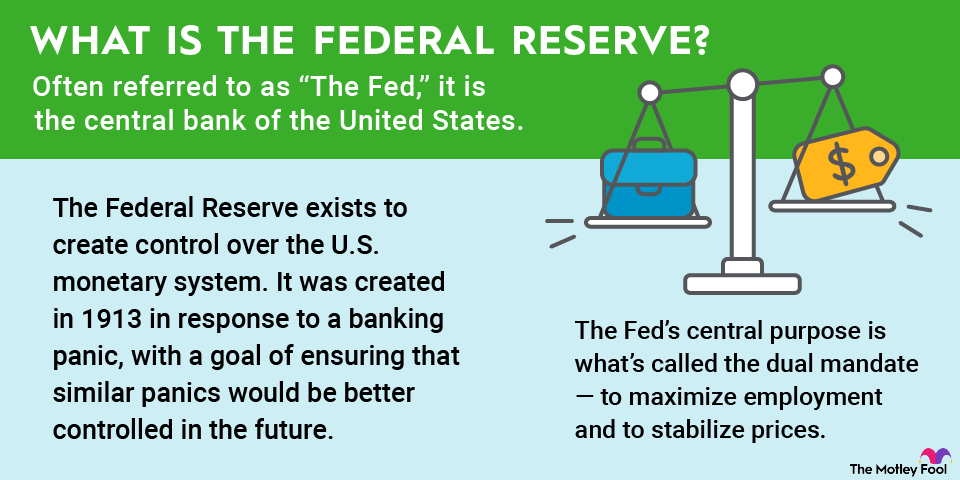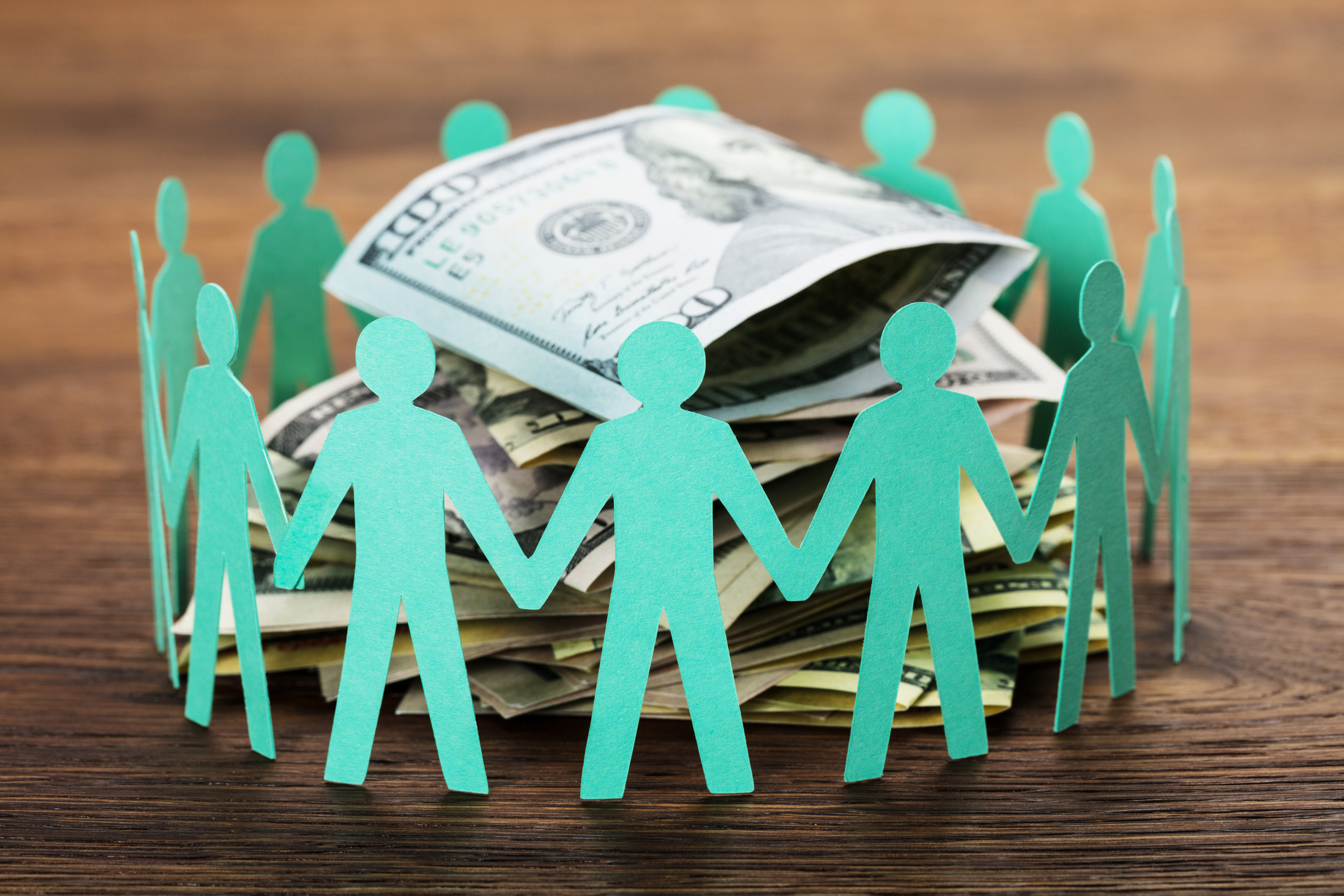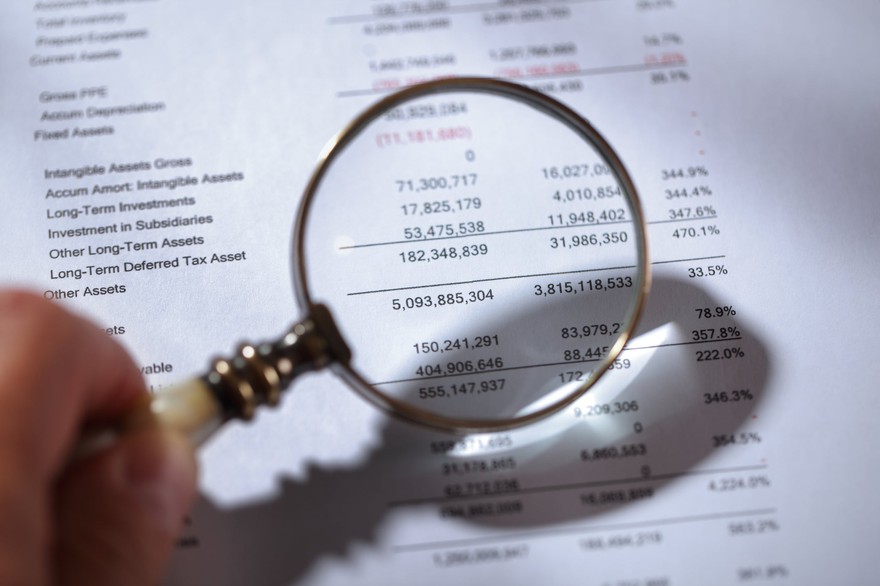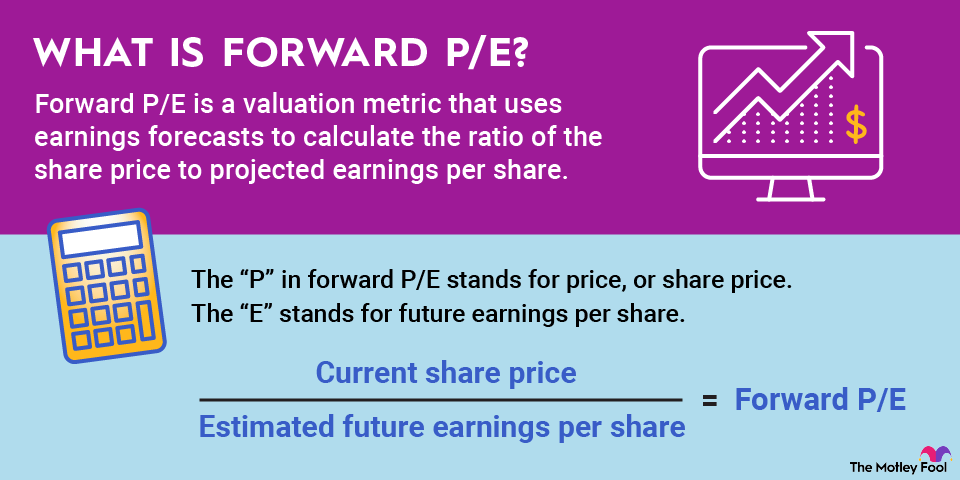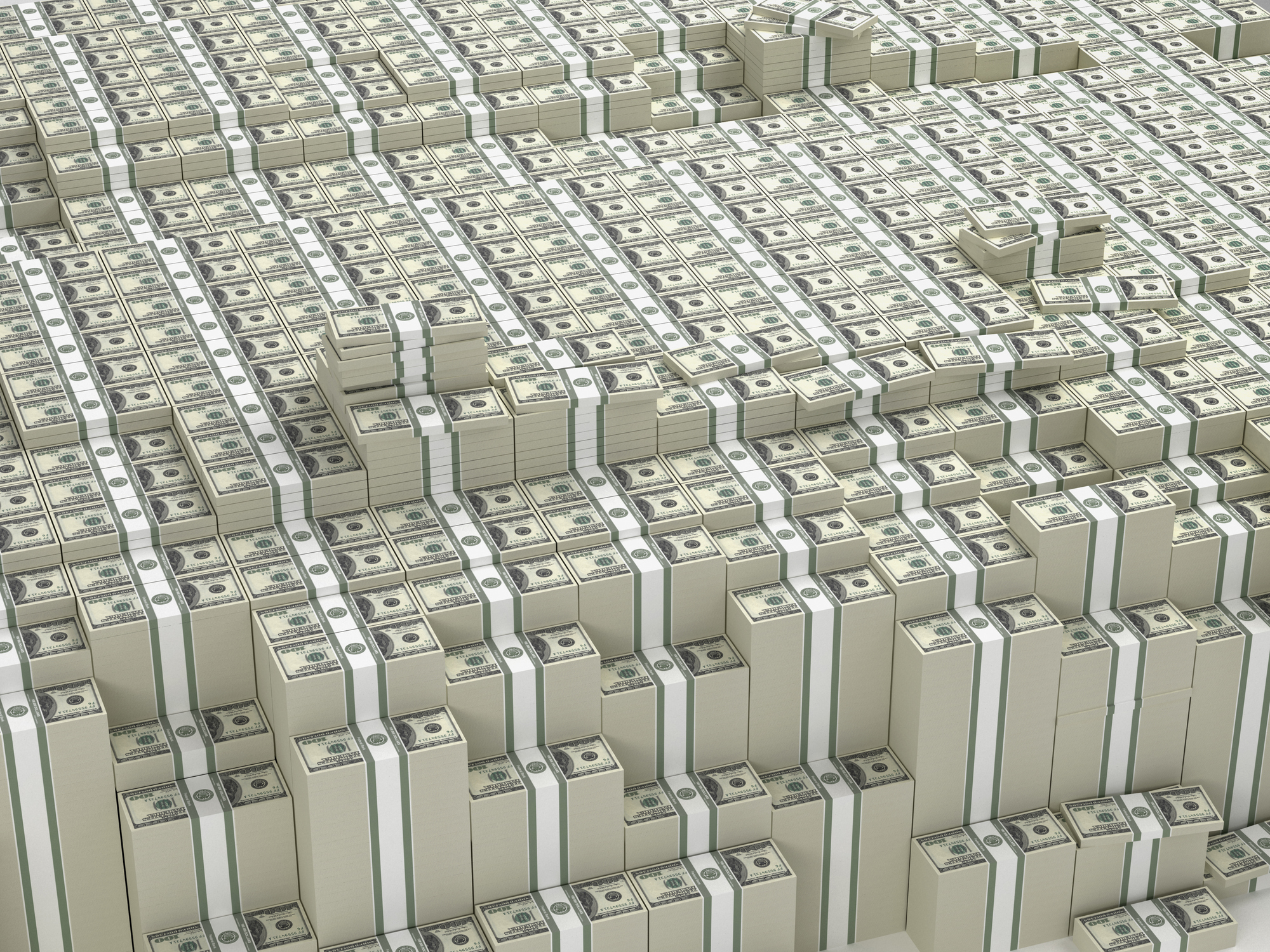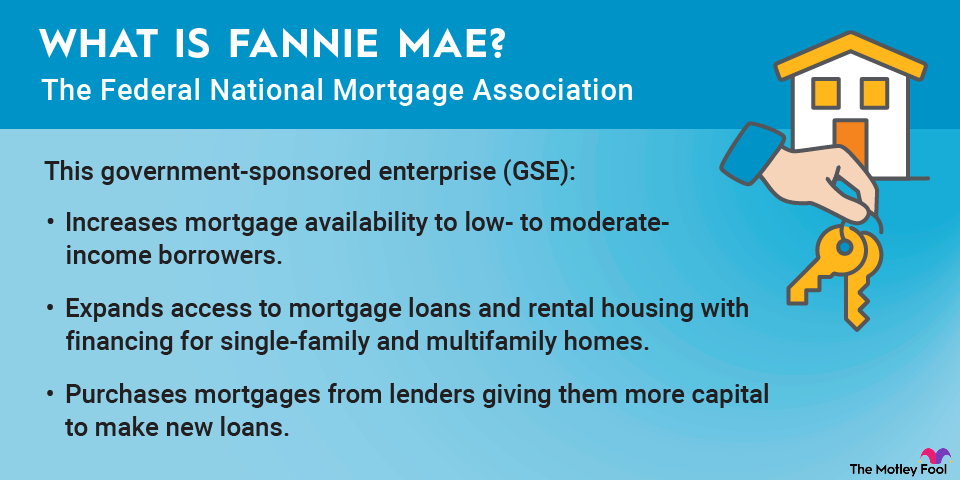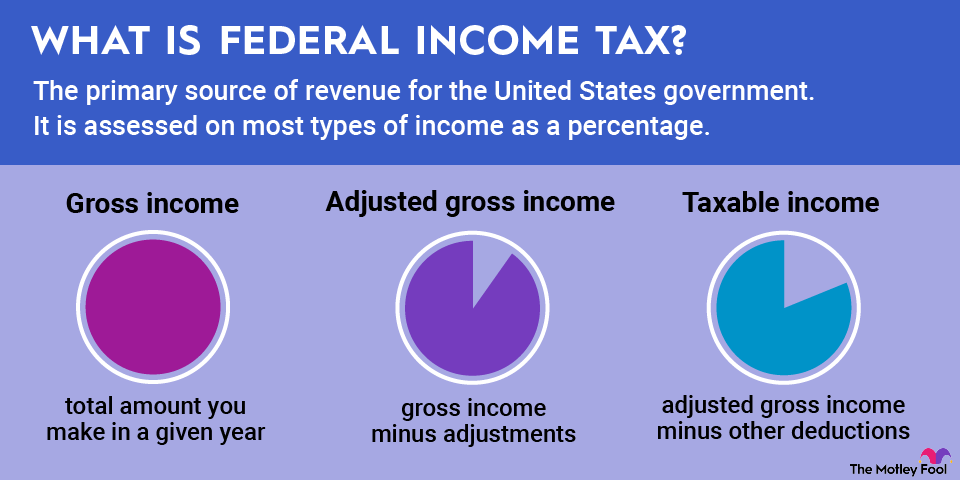Although most investors will never trade in forward contracts, they may be investing in companies that do. Understanding how this type of contract works for both parties can help you better understand your investments.
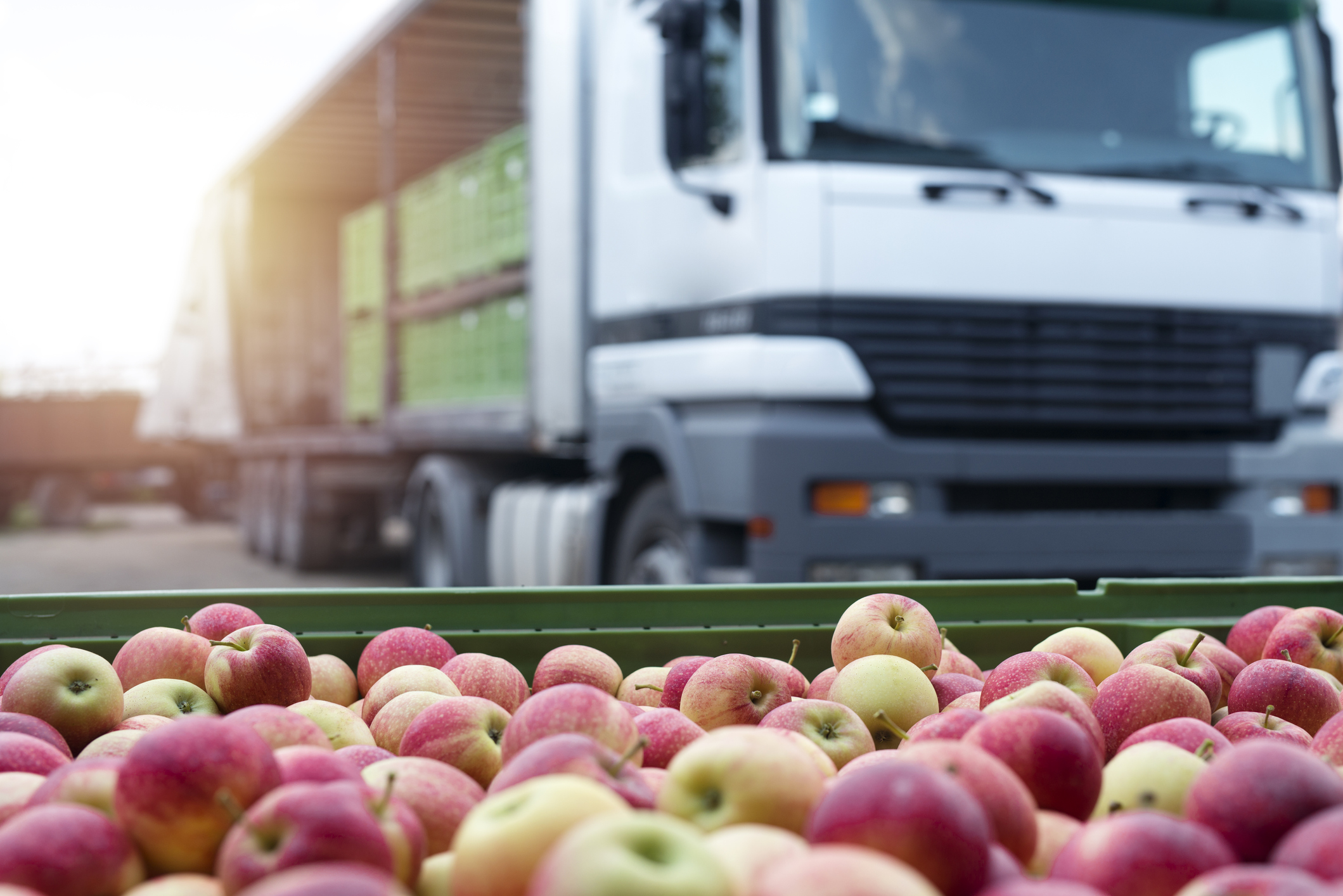
What is a forward contract?
A forward contract is a special type of derivative, and just like any other derivative, the value of a forward contract is tied to its underlying asset. Common forward contract assets include commodities and currencies, but even indexes and stocks can be underlying assets for these contracts.
As with futures, forward contracts allow both parties to the contract to speculate on the future price of an asset. The buyer of the contract is in a long position, and the seller is in a short position, meaning that if the asset is at a higher value than the contract specifies when the forward contract ends, the buyer is getting a bargain; if it's lower, the seller will earn more than the market rate on the asset.
Forward contract examples
Many forward contracts are based on commodities, so that's the example we'll work with since it's easy to relate to.
Let's say that XYZ Farms, Inc. has 500,000 bushels of apples to sell to the market in October. ABC Corp., a manufacturer of applesauce, wants to buy a forward contract on those apples now, in April, when the crop hasn't yet even begun to set, hoping to lock in a lower price.
So, XYZ Farms, Inc. sells a forward contract to ABC Corp. for $40 a bushel, even though the current rate, in April, is just $30 per bushel. ABC Corp. agrees, believing it may be a difficult year for apples, and prices will be much higher at harvest due to a reduced supply.
When the crop is harvested in October, the market rate for apples is $35 per bushel since it's been a bumper crop kind of year. ABC Corp. is still contracted to buy the apples and does so at the agreed-upon $40 per bushel, even though it could buy them much cheaper at market rate. XYZ Farms, Inc. walks away with an extra $5 per bushel than it could have earned on the open market.
This could also work in reverse if, say, there's a shortage, and the price of apples in October had gone to $50 per bushel. Since XYZ Farms, Inc. has already agreed to sell at $40 per bushel, it still has to sell to ABC Corp. for that amount of money -- even if it could get more on the open market.
Why use a forward contract?
A forward contract is always a gamble for anyone involved. If they're the buying party, they may be stuck paying above market prices for commodities; if they're the selling party, they may have to give up some profits they'd have made if they'd simply sold their commodities outright.
But what if the reverse were true? That's why companies use forward contracts. Each side generally believes that their gamble will pay off -- the apple farm will get more money than the market rate for its apples; the applesauce producer will give less than the market rate for the apples.
These are very specific entity-to-entity contracts and are not publicly traded, so it's difficult to ascertain who tends to come out best in these scenarios.
Related investing topics
Forward contracts vs. futures
Forward contracts may sound a lot like futures, but they are actually very different. Although they both tend to trade in commodities, there is nearly no significant overlap in how they do this. Here are some things to consider when examining their differences:
- Forward contracts are not traded on exchanges. Forward contracts are considered fairly opaque over-the-counter securities, where futures are traded on exchanges and have a lot of transparency involved.
- Forward contracts are custom contracts between specific parties. When you enter into a forward contract, it's binding between you and the other party and not meant to be transferable. This is why they're largely used by entities that actually utilize the asset that's being traded. With futures contracts, you can still buy and sell the contract at will, even if you never intend to accept delivery.
Forward contracts are settled at the expiration date. A forward contract is settled on a specific date and not at any other time. The price of the commodity, and who has the upper hand in the transaction, is determined at that moment and not constantly throughout the contract. Futures, on the other hand, can be traded at any time on open exchanges, and future values can fluctuate frequently.


